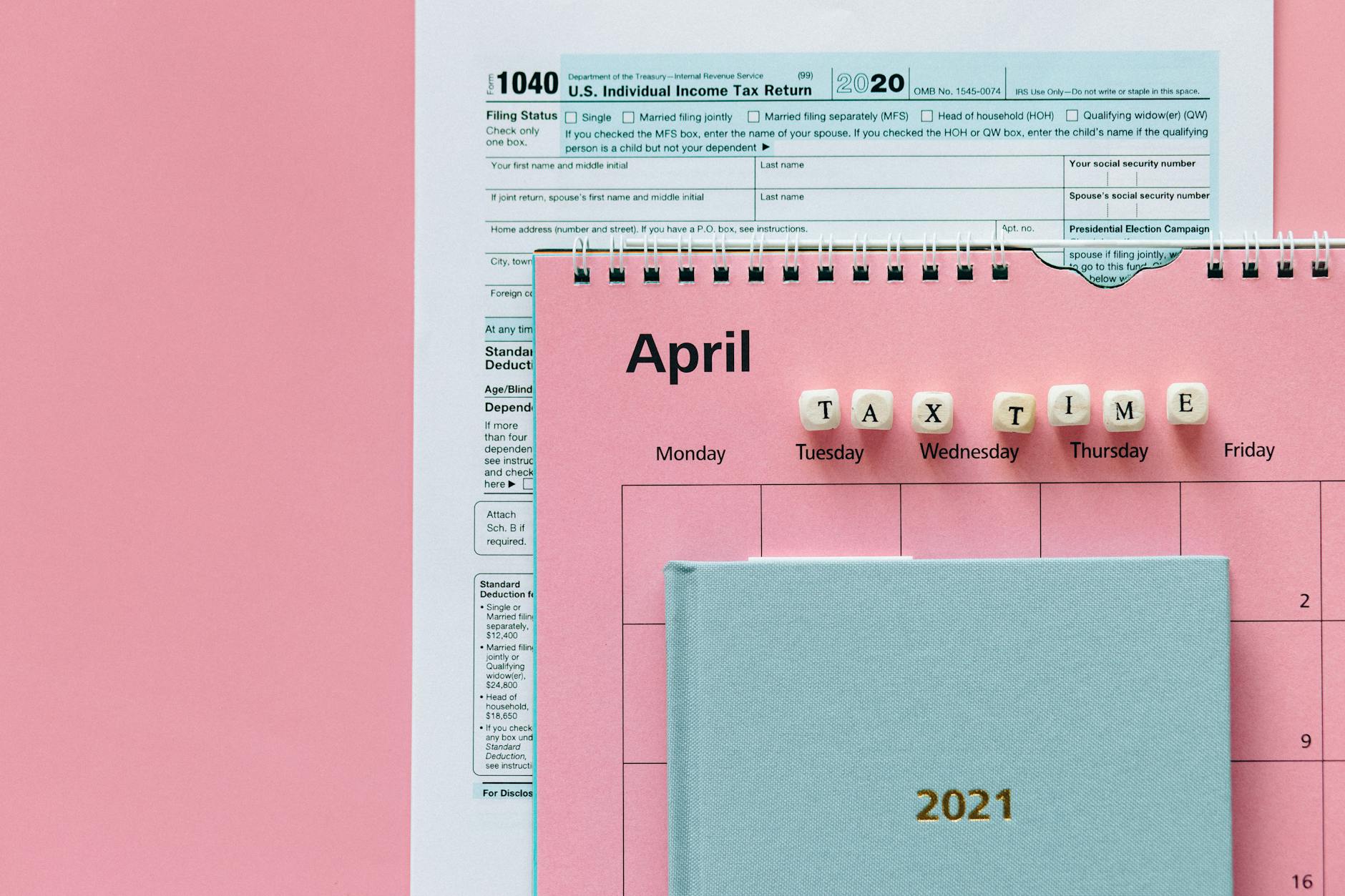When tax season rolls around, most of us feel a mixture of relief and dread. We rejoice in finally getting our refund and then immediately wonder: "How long should I keep these papers?" Understanding how long to retain your tax returns and associated documents is crucial. It can save you from stress down the line and even shield you in case of an audit. Let's break this down.
The Basic Rule: Three to Seven Years
The IRS generally advises that you keep your tax records for three to seven years. This timeframe depends on your situation and the complexity of your tax filings.
Why Three Years?
If you filed your return on time and didn’t underreport your income by more than 25%, you typically only need to keep your records for three years. This means if you filed your return in April 2023, you'd retain your documents until April 2026.
Why Seven Years?
Let’s say you underreported your income or claimed a loss from worthless securities. In these situations, the IRS might go back as far as seven years to review your records. So if in 2023, you had significant non-cash losses to report, consider saving those documents until at least 2030.

Photo by Nataliya Vaitkevich
Special Scenarios: When to Keep Forever
While three to seven years is the general rule, some documents deserve a permanent home. Here’s what you might want to keep forever:
-
Unfiled Returns: Always hold onto copies of unfiled or incomplete tax returns. They can affect your future filings.
-
Real Estate Records: If you bought or sold property, retain those documents. They’re important for potential capital gains taxes when you sell down the line.
-
Retirement Accounts: Documents relating to IRA contributions, rollovers, and distributions should also be kept indefinitely.
-
Business Records: If you run a business, maintain documentation related to business expenses, income, and asset purchases for as long as the business exists.
When Can You Throw Things Away?
Does decluttering your old tax documents sound appealing? It’s crucial to know when you can let go without worry. Here’s a quick guide:
-
Three Years: If you filed accurately and didn’t underreport your earnings.
-
Seven Years: If your return included losses or you overlooked income.
-
Keep Forever: Documents that involve significant life events or legal situations, like original receipts for property or business records.
Best Practices for Storing Tax Records
Storing tax returns doesn’t have to be overwhelming. Follow these simple practices to ensure you’re organized and secure:
Go Digital
Switching to digital storage helps you save space and minimize paper. Scan your documents and store them securely in the cloud. Just make sure you have a backup!
Categorize Your Documents
Use folders—both digital and physical—to separate your tax returns by year or type. This way, you can easily access what you need when tax season arrives.
Shred Old Papers
When disposing of documents, especially those with sensitive information, use a shredder. This prevents identity theft and keeps your personal information safe.
What Happens If You Get Audited?
Imagine you’re hit with an audit notice. It can feel like a punch in the gut. But if you’ve followed the guidelines outlined, you’ll be in a good position.
You should have your records organized and readily accessible. This not only makes the process smoother but also shows the IRS you’re responsible and thorough in your record-keeping.
Conclusion
Keeping your tax returns organized isn’t just a good habit; it’s a necessary one. Follow the three-to-seven-year rule for regular filings and remember to hang onto vital documents for life. Regularly declutter and digitize your records to maintain an efficient system. By being proactive, you’ll not only reduce stress during tax season but also ensure you’re ready for whatever comes your way.
